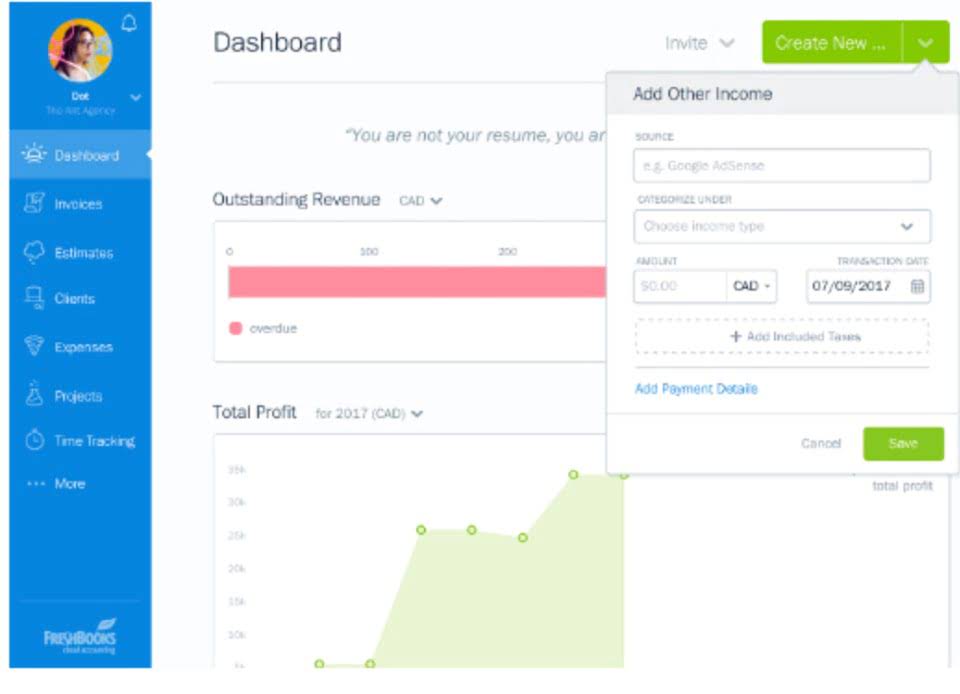Accrual vs Deferral- Meaning, Top Differences, Infographics

Understanding the principles of accrual and deferral is crucial accrual vs deferral in financial accounting as it allows for more accurate reporting of the financial position and performance of a company. It aids in aligning the revenues and expenses to the period they relate to, rather than when the cash is paid or received, providing a clearer picture of a company’s financial health. The methodologies of accrual and deferral accounting extend beyond financial statement presentation to influence budgeting and forecasting. Budgeting involves planning future spending and revenue, and forecasting estimates future financial outcomes based on historical data and market trends.

Creating journal entries for deferred expenses
One of the main differences between accrual and deferral accounting is the timing of revenue recognition. Accrual accounting recognizes revenue when it is earned, even if the payment is received at a later date. This allows businesses to match revenue with the period in which it was generated, providing a more accurate reflection of their financial performance. In contrast, deferral accounting recognizes revenue only when cash is received, regardless of when the goods or services were provided. This can lead to potential distortions in financial statements, as revenue may be recognized in a different period than when it was actually earned. The presentation of financial statements is designed to offer a clear and comprehensive view of an organization’s financial activities.
- An accrual basis of accounting, as opposed to a cash basis, provides a more realistic picture of a company’s financial situation.
- This approach involves postponing the recognition of revenues and expenses until a future period, even though the cash exchange may have already occurred.
- Accruals and deferrals are key concepts in accrual accounting, which recognizes revenues and expenses when they happen rather than when cash is exchanged.
- This ensures that the company’s financial statements reflect the actual earnings and obligations at any given time, adhering to the revenue recognition principle.
- It clarifies how the company’s cash position has changed over time, segregating cash flows into operations, investing, and financing activities.
Accruals and Deferrals Journal Entries
Accrual accounting focuses on recognizing revenue and expenses when they are earned or incurred, regardless of cash movements. It provides a more accurate representation of a company’s financial performance and position by matching income and expenses with the period in which they occur. It is simpler to implement but may not provide CARES Act an accurate reflection of a company’s financial performance. The University of San Francisco operates largely on a “cash basis” throughout much of the fiscal year recognizing revenue and expense as cash changes hands. At year end, financial statements are compiled using the “accrual basis” of accounting. The accrual basis of accounting recognizes revenues and expenses when the goods and services are delivered regardless of the timing for the exchange of cash.
- By recording revenues and expenses as they occur, accrual accounting provides a clearer picture of a company’s financial position, enabling better decision-making by management and stakeholders.
- For example, sometimes businesses may be required to make advance payments for certain expenses, such as rent or insurance expenses.
- Forecasting, on the other hand, benefits from the clarity provided by accrual accounting.
- Since revenue and expenses are recognized based on cash movements, there is no need for adjustments to match them with the period in which they are earned or incurred.
- If you receive payment for a service to be provided in the future, that’s recorded as deferred revenue until the service is completed.
- Accrual accounting is a method where you record income and expenses when they are earned or incurred, not when cash changes hands.
Example of an Expense Accrual
Deferrals, on the other hand, are adjustments made to defer the recognition of revenue or expenses that have been received or paid but relate to a future period. For instance, if a company receives payment for services in advance, it would defer the revenue recognition until the services are provided. Accrual accounting is a method that recognizes revenue and expenses when they are earned or incurred, regardless of when the cash is received or paid. It focuses on the economic substance of transactions rather than the actual movement of cash. By using accrual accounting, businesses can provide a more accurate representation of their financial performance and position.
Accounting Forecast: Trends to Expect and Prepare For

It reflects the impact of deferral accounting through line items such as prepaid expenses and deferred revenue, which indicate future expenses and income. The timing of revenue and expense recognition inherently creates differences in financial reporting. These differences are not merely technical but reflect the underlying economic activities and the periods in which they occur. When a business adopts accrual accounting, its financial statements may show revenue before the cash is received, or expenses before the cash is paid out. Accrual and deferral are two accounting concepts that deal with the recognition of revenues and expenses in financial statements. Accrual refers to the recognition of revenues and expenses when they are earned or incurred, regardless of when the cash is received or paid.

However, it doesn’t give you an in-depth view of how the organization generates and manages its revenue and expenses. The examples below set out typical bookkeeping journal entries in relation Legal E-Billing to accruals and deferrals of revenue and expenditure. Companies might choose between methods based on their size, regulatory requirements, or to align with financial reporting standards that reflect their business operations accurately. Investors and other stakeholders can better evaluate a company’s financial health and compare performance to competitors by employing these approaches and adhering to GAAP.
Deferred expenses may also apply to deferred intangible assets owing to amortization or tangible asset depreciation charges. Double Entry Bookkeeping is here to provide you with free online information to help you learn and understand bookkeeping and introductory accounting. My Accounting Course is a world-class educational resource developed by experts to simplify accounting, finance, & investment analysis topics, so students and professionals can learn and propel their careers. Shaun Conrad is a Certified Public Accountant and CPA exam expert with a passion for teaching. After almost a decade of experience in public accounting, he created MyAccountingCourse.com to help people learn accounting & finance, pass the CPA exam, and start their career. For the past 52 years, Harold Averkamp (CPA, MBA) hasworked as an accounting supervisor, manager, consultant, university instructor, and innovator in teaching accounting online.
- At year end, financial statements are compiled using the “accrual basis” of accounting.
- On the other hand, a deferred revenue results in the creation of a liability while a deferred expense generates an asset.
- However, the deferral incomes are still recorded as a liability and the deferral expenses are recorded as assets of the business.
- Accrual and deferral are two accounting techniques that intend to improve the accuracy of financial reports by incorporating revenues and expenses that have not yet occurred or that will occur in the near future.
- Financial reporting stands as a critical tool for businesses, investors, and regulators to assess the economic health of an organization.
- An example is a payment made in December for property insurance covering the next six months of January through June.
- You would record the expense in December and then credit the account as an accumulated expense due when payment is received in January.
- Double Entry Bookkeeping is here to provide you with free online information to help you learn and understand bookkeeping and introductory accounting.
- A cash basis provides a picture of current cash status but does not reflect future spending and obligations like an accrual technique.
- Under this method, revenue is recognized when cash is received, regardless of when the goods are delivered or services are performed.
- This approach provides a more accurate depiction of a company’s financial performance and position compared to cash basis accounting, which records transactions only when cash is received or paid.
Before, jumping into detail, let’s understand the overview and some key definitions. Faye Wang is a Certified Public Accountant with more than 10 years working experience in the software industry, nationally recognized pet hospital, hospitality industry, global non-profit organization, and retail industry. Not only leading the accounting operations, but Faye also has great experiences in financial system implementation and automation, such as NetSuite, Intacct, Expensify, Concur, Nexonia, Bill.com, MineralTree, FloQast, etc. Outside of work, Faye is a big fan video games especially League of Legends which she has been playing since many years.
